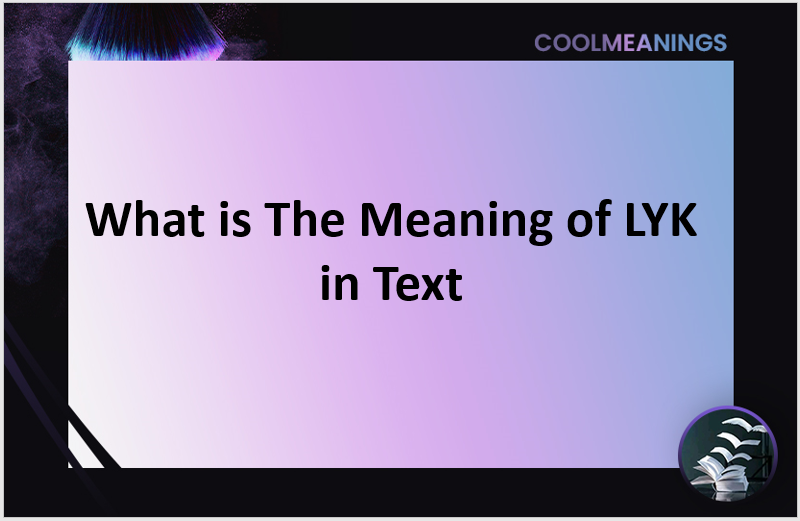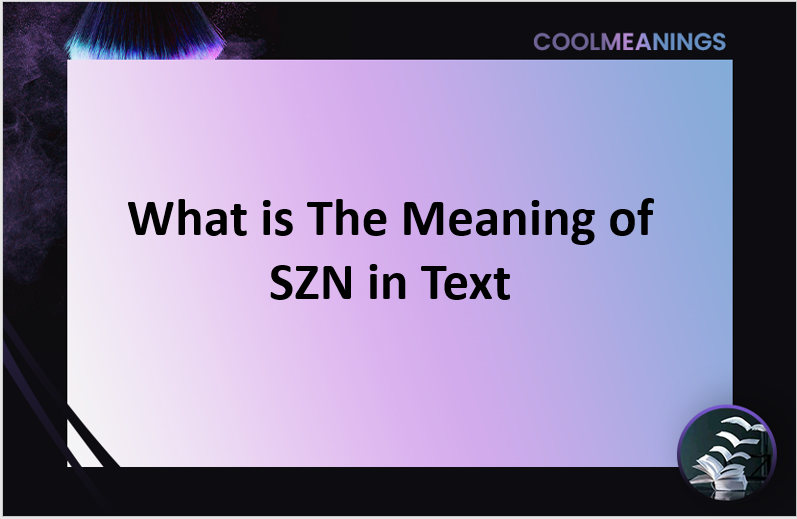What Does KTFO Mean in Text? See 5 Usage Examples
It stands for “Knocked The F*** Out,” and it’s a vivid phrase that’s often used to talk about being completely worn out or the outcome of a crushing defeat or blow, both physically and figuratively.
The term “KTFO” comes from combat sports, where it means “knockout.” It has since become popular in everyday digital language.
Its meaning has grown to include a wide range of overwhelming situations or emotions. Younger internet users who like short, powerful messages find it especially appealing.
SEE ALSO: Understanding The Meaning of LYK and 5 Usage Examples
Examples of KTFO Usage
Let’s explore how KTFO is incorporated into various contexts through these example sentences:
- “After studying for 12 hours straight for the finals, I was KTFO the moment my head hit the pillow.”
In this example, KTFO vividly describes the speaker’s extreme fatigue and the immediate onset of sleep.
- “The final episode of the series was so intense, I was practically KTFO by the plot twist!”
Here, KTFO is used metaphorically to express being emotionally or mentally overwhelmed by an unexpected or dramatic event.
- “During the boxing match, the champion’s punch KTFO his opponent in the third round.”
This sentence uses KTFO in its original, literal sense, describing a physical knockout in a sporting event.
- “The workload this week has been brutal. By Friday night, I’m going to be KTFO.”
In this context, KTFO is employed to anticipate a state of exhaustion resulting from prolonged effort or stress.
- “When I heard the price of the new phone, I was KTFO – it’s way too expensive!”
Here, KTFO is metaphorically used to express being shocked or floored by an unexpectedly high amount.
SEE ALSO: The Meaning of IHY and 5 Ways To Use it
Finally, KTFO is a strong example of how slang spreads from specific groups to general use. It shows strong feelings and reactions, like getting knocked out in sports or being very tired or surprised in everyday life.
At the same time, slang like KTFO is an important part of keeping our talks lively, expressive, and short. It shows how creative and changing online language can be, and how our online exchanges reflect how intense and immediate our real-life experiences are.


